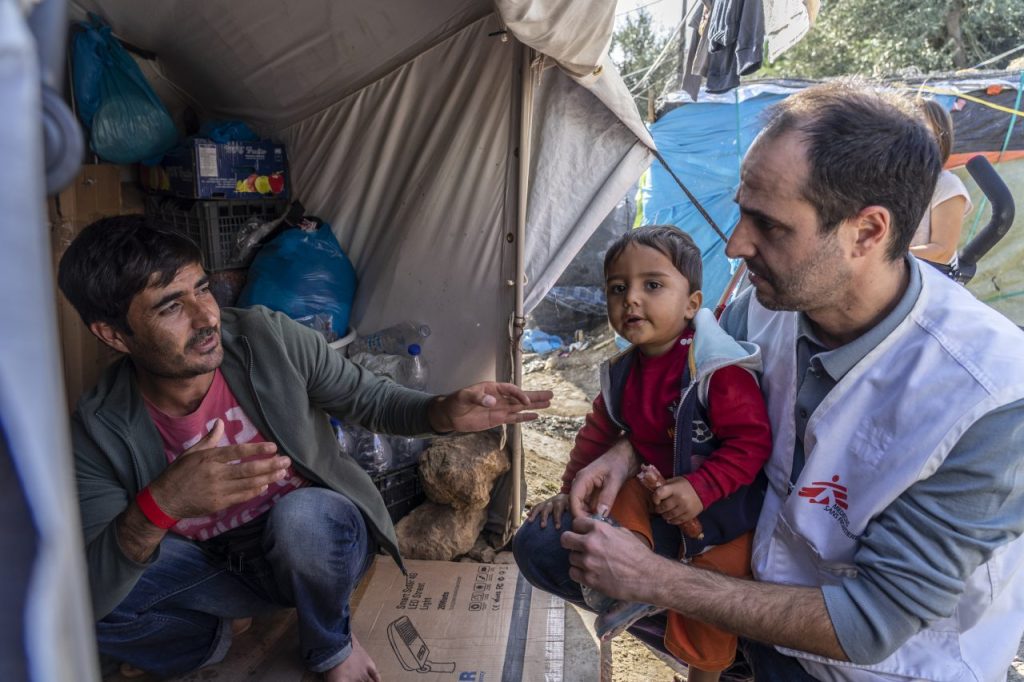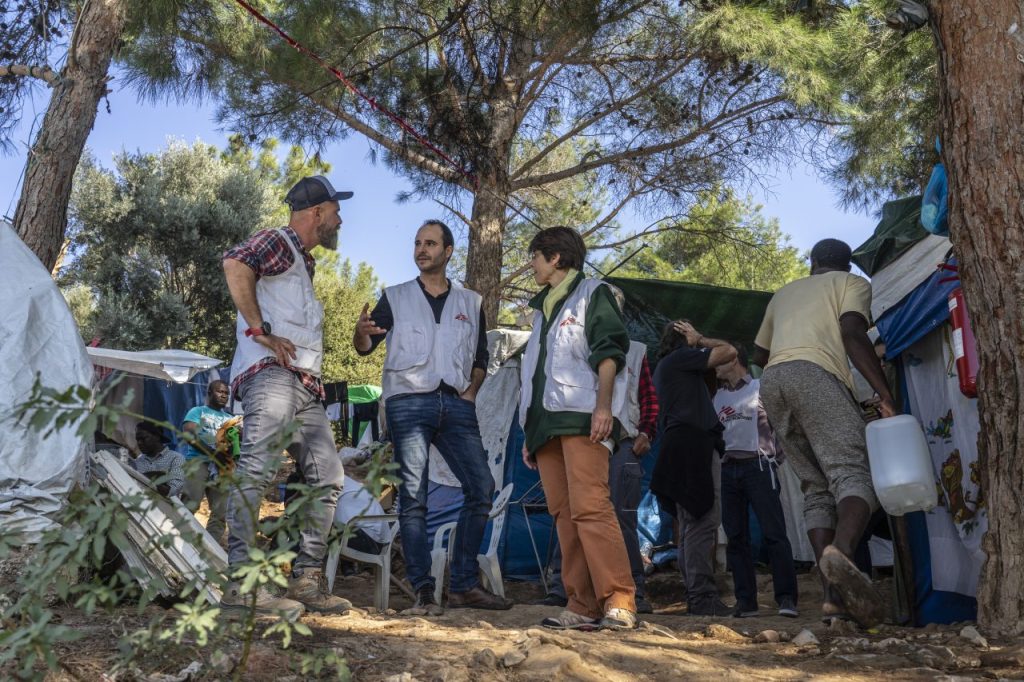30 June, 2023 – Following the shipwreck of 14 June which left up to 500 people dead or missing off the coast of Greece, international humanitarian organisation Médecins Sans Frontieres/Doctors Without Borders (MSF) denounces EU migration policies and calls for accountability over the lives lost and for a dedicated, proactive, state-led search and rescue mechanism at sea.
MSF teams providing medical and psychological care to the shipwreck survivors in Malakasa registration centre in Greece have expressed their grief and outrage about the loss of life.

The MSF team in Malakasa has provided medical assistance to 87 survivors suffering from burns and injuries from exposure to seawater and sun, hypoglycaemic shock from lack of food, as well as psychological and emotional distress from being exposed to the threat of imminent death, from not knowing if relatives and friends on board the vessel are alive or dead, and from their experiences in Libya.

One survivor described the voyage and the shipwreck to MSF staff: “I did not drink water for two days, but I cried so much I did not feel thirst. When the boat capsized, I clung onto a metal railing for my life. I could see people being thrown around, being crushed against boat parts and being slammed into the sea. Day and night, I still hear peoples’ cries and screams and the sound of their throats bubbling with seawater and suffocating as they drowned.”
Survivors of the shipwreck now begin a journey of recovery as they try to come to terms with the tragedy and process their psychological trauma. At the same time, they are receiving and having to respond to messages from distressed families trying to find out what happened to their loved ones.
While the 14 June shipwreck was the deadliest in the Mediterranean in recent years, MSF’s teams in Greece are regularly called on to provide emergency medical assistance to people who survived dangerous sea crossings.
MSF reiterates its call to the EU and its member states, including Greece, to:
- Ensure a transparent, independent investigation and use all accountability mechanisms to scrutinise this shipwreck and similar shipwrecks that have taken place around the coasts of Europe.
- Commit to a fundamental policy shift that puts saving lives first. The latest shipwreck needs to lead to reflection on how migration has been dealt with over recent years by the EU. For too long, the EU and its member states have implemented policies that enable death and suffering rather than ensure rescue and protection.












